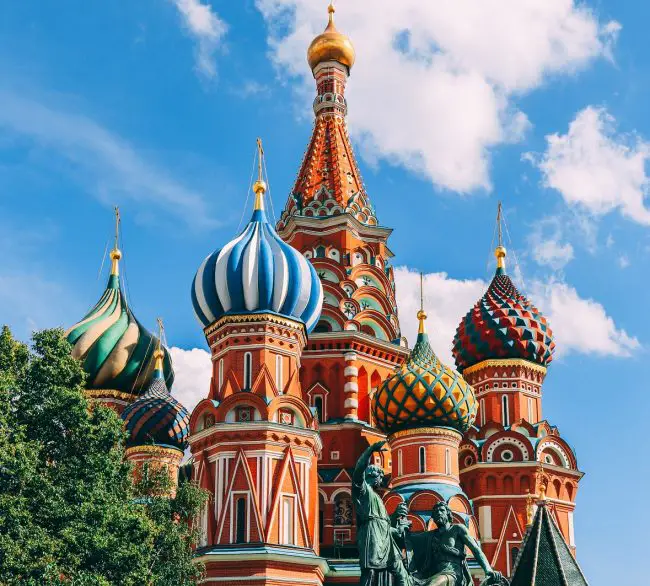On Thursday the Financial Times reported that EU officials have told it that the bloc has exhausted all of its options for imposing economic restrictions on Russia. For that reason, they said, further sanctions being imposed upon the Kremlin would be limited and of little consequence.
So far, the bloc has imposed ten separate rounds of sanctions on Moscow in response to the military conflict in Ukraine. The EU is currently attempting to assemble an eleventh round of sanctions, as the European Commission and officials from member states prepare to meet Friday to informally discuss any new potential measures.
However officials involved in the process say that any measures are likely to be limited to expanding the lists of individuals subject to asset freezes or travel bans, as well as measures to close loopholes on existing sanctions.
Most of the individuals the Financial Times spoke to admitted that the remaining parts of the Russian economy which could be sanctioned are parts which one or more EU member states, “can’t live without.” For that reason, any measures which sought to target them would be immediately vetoed by one or more states.
One of the officials told FT, “We are done,” adding, “If we do more sanctions, there will be more exemptions than measures.”
Although some, such as Germany have proposed placing restrictions on Russia’s nuclear fuel and services exports industry, other member states would oppose those, such as France, Hungary, and others.
The Financial Times has noted that almost 1,500 people and over 200 entities have been slapped with asset freezes and travel bans. So far the sanctions packages have prevented bilateral trade flows amounting to over €135 billion ($148 billion). The measures have impacted a sweeping swath of sectors, including energy imports, as well as exports of technology, machinery, and electronic goods. €21.5 billion worth of assets owned by sanctioned individuals and entities has been frozen, as well as €300 billion of Russian central bank reserves.
However the sanctions are not universally praised. Many politicians and economists have noted, that in many cases the sanctions have harmed the West more than the Kremlin.
Viktor Orban, the President of Hungary has repeatedly demanded “the failed policy of Brussels” be revoked, noting the measures did not “fulfill the hopes that were pinned on them,” as they left Europe, “slowly bleeding.”
For his part, Russian President Vladimir Putin has made the case, as European economies see inflation spike, and the citizens enduring what are called “cost of living crises,” the bloc’s denial to its members of cheap Russian energy amounts to economic “suicide.”

